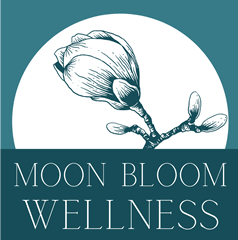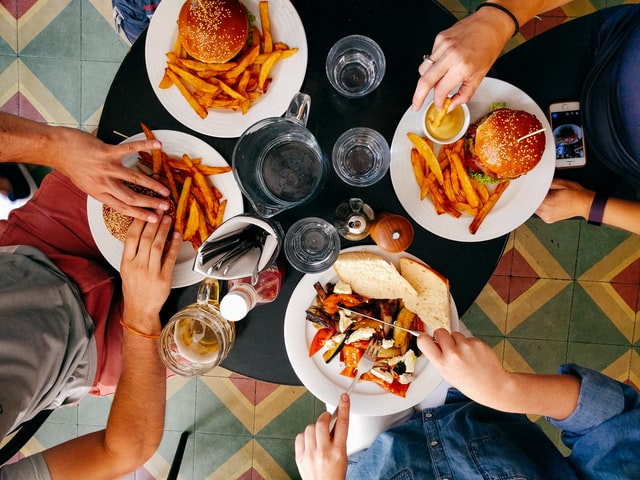The standard American diet, or SAD, includes foods that provide a lot of calories but little nutritional value. As a result, people who eat the SAD miss out on important vitamins and minerals and instead fill their body with foods that are heavily processed and high in sugar. Physically, this can lead to being overweight or obese, stroke and heart disease, type 2 diabetes, cancer, and deficits in brain function.1
There are also emotional consequences to eating the standard American diet, as diets high in processed foods have been correlated with mental health issues such as depression and ADHD.2 Other food challenges, like inability to access nutritious foods, has been associated with anxiety and mood disorders.2
Build your self-care skills through Online Counseling in New Jersey
Do you want to improve your self-care skills? Contact me to learn more about working together through online counseling in New Jersey.
I now also offer online counseling in Pennsylvania, contact me to learn more.
Some of the ways the SAD impacts mental health
The SAD, like I mentioned above, offers little nutritional value. One way this impacts your body is by interfering with methylation, a process that is vital to the functioning of our body. Methylation requires nutrients like folate, B vitamins, magnesium, vitamin D, and betaine.3 Poor methylation can impact your nervous system by causing anxiety, depression, insomnia or even more severe psychiatric disorders.4
In a study of rats that were fed the SAD, rats experienced increased levels of pro-inflammatory cytokines. 5 Pro-inflammatory cytokines are linked to major depression.6
In a previous post, I discuss the release of dopamine we experience when we eat sugary foods. It makes sense that we might even be more prone to reach for junk food when we are depressed, and since sugary foods can contribute to depression, it’s very important to be aware of this cycle if you want to improve your mental health symptoms.
What to eat instead?
Traditional diets, such as the Mediterranean diet, that are high in fruits, vegetables, unprocessed grains, and seafood and fish, with small amounts of dairy and meat, are linked to lower levels of depression. Studies have found that individuals eating traditional diets have a 25% to 35% lower risk of experiencing depression.7 A study that looked at college students who followed a Mediterranean diet over approximately 4 and a half years experienced a 42% decrease in their risk of developing depression.1
Sarah Tronco, LCSW, provides online counseling in New Jersey and works to develop a strong therapeutic relationship with her clients, which helps to create a secure place where individuals can achieve meaningful change.
Sarah Tronco, LCSW, now also provides online counseling in Pennsylvania, contact her to learn more.
References
https://www.cdc.gov/chronicdisease/resources/publications/factsheets/nutrition.htm
https://www.ncbi.nlm.nih.gov/pmc/articles/PMC6170050/
https://www.thorne.com/take-5-daily/article/what-is-methylation-and-why-shoud-you-care-about-it
http://www.drkateklemer.com/nutrition.html
https://pubmed.ncbi.nlm.nih.gov/28927908/
https://www.news-medical.net/health/Inflammatory-Cytokines-and-Depression.aspx
https://www.health.harvard.edu/blog/nutritional-psychiatry-your-brain-on-food-201511168626
Photo by Dan Gold on Unsplash

